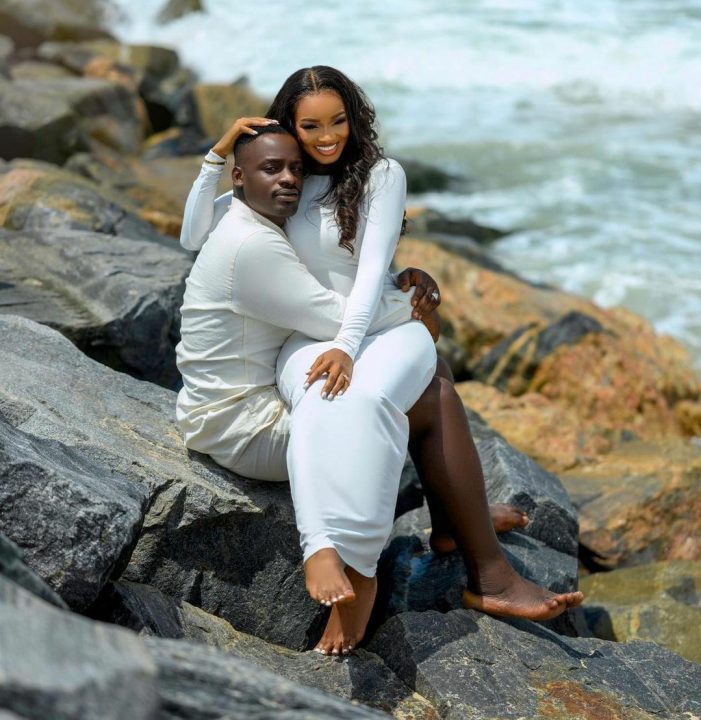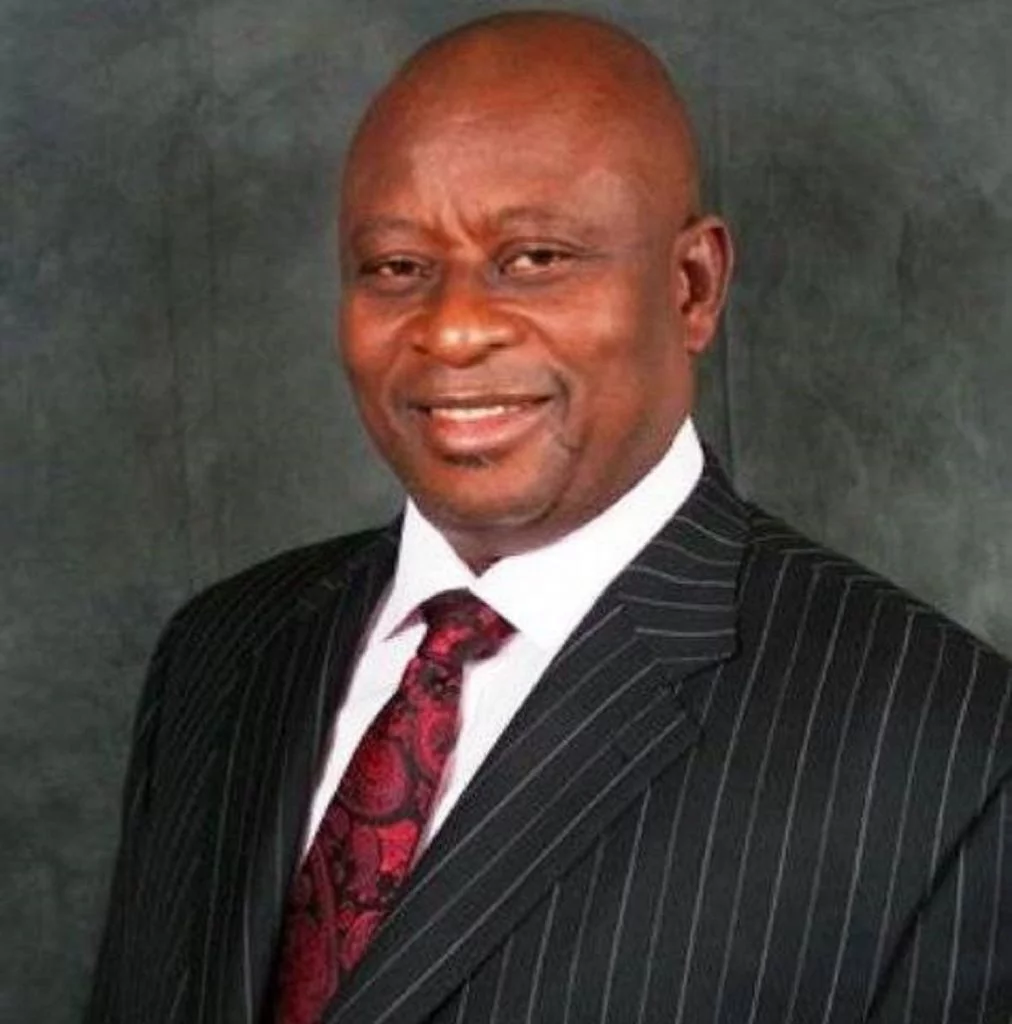Women, gender stereotype, inequality and human rights in Nigeria

By Ifunanya Obidigbo
Gender stereotype is a generalised perception and a preconception which varies about abilities, characteristics or roles that are ought to be possessed or performed by women and men.
Apart from being a generalised preconception, gender stereotype is also a belief which can cause individuals to assume without obtaining adequate evidence about members of the subject group, women and/or men.
There is a socio-cultural conception that women education ends in the kitchen the duties of women differ depending on the ethnic group an individual hails from, although there are still beliefs, values and attitudes that are common about women. Some of them are woman’s role is in the home where she is meant to be a wife, a mother, and a housekeeper. Even in today’s world, most men restrain their woman from working stating they belong to the kitchen.
The husband plays a major role by providing for his family. It is also considered odd for the wife to cater for herself or to engage in occupation or trade which are reserved specifically for men such as apprenticeship in carpentry, dying and bricklaying. It is worthy to note that gender roles are not natural or inborn to men or women.
Rather, they are learned and imposed by social values! There are works supposedly exclusive for men which women can do and would do it better, but the society we live in would characterise it as odd.
Nowadays, women are engaging in various trades to aid and provide for their families, and there’s nothing wrong with that. Marriage is like a partnership where the couple contribute immensely towards their growth than a sole proprietorship where a woman solely depend on her spouse financially.
Likewise, in terms of household chores and raising the children, it is for example based on gender stereotype that women are more nurturing that child rearing responsibilities often fall exclusively on them, meanwhile the work should be carried out by both of them.
In Nigeria, there are discriminatory laws, practices and stereotypic conceptions in the society which to a great extent do not favour women. Most of these cultures and traditions violate some constitutional provisions on fundamental human rights.
Even in politics for instance, women are yet to compete with men as they are often out weighed in campaigns and political appointments. Gender stereotype can be said to be harmful when it restricts the capability of women and men to improve in their personal abilities, chase their professional careers and make choices about their lives.
Hostile or negative stereotypes can be harmful. It can also be classified wrong when the stereotype result in a breach of human rights and fundamental freedoms. This can be examplified when there is a failure in criminalizing marital rape on the grounds of stereotyping women as a sexual property to the men.
In the recent times, there have been debates on gender within the context of human rights. There is gender inequality, gender disparity, gender segregation among others. According to a report by Ogbaji (2010), Population Reference Bureau of year 2002 data sheet shows that gender inequality is highly pronounced in the poorest regions and countries of the world.
Over six decades after the Universal Declaration of Human Right (UDHR) in documentary has recorded that women still suffer discrimination alongside its consequences. Likewise, there are gender statistics in leadership positions in favour of men. Women are hardly seen in political positions a trend which has continued concerns.
There are discrimination and oppression of women that are rooted in cultural beliefs and practices.
Meanwhile, there are constitutional advantage of citizens of a country that is protected by the law when violated. These are rights and are the legal entitlements of every citizen in a state regardless of your gender.
These fundamental human rights are provided in the Nigerian independence constitution of 1960. Chapter IV of both the 1979 and 1985 constitution of the Federal Republic of Nigeria contains the fundamental human rights of the citizens.
Which are:
(a) Rights to dignity of human person.
(b) Rights to fair hearing.
(c) Right to private and family life.
(d) Right to freedom of thoughts, conscience and religion.
(e) Right to freedom of expression and the press.
(f) Right to peaceful assembly.
(g) Right to freedom of movement.
(h) Right to own property.
These rights clearly did not state or discriminate against women, as they are all citizens of Nigeria.


